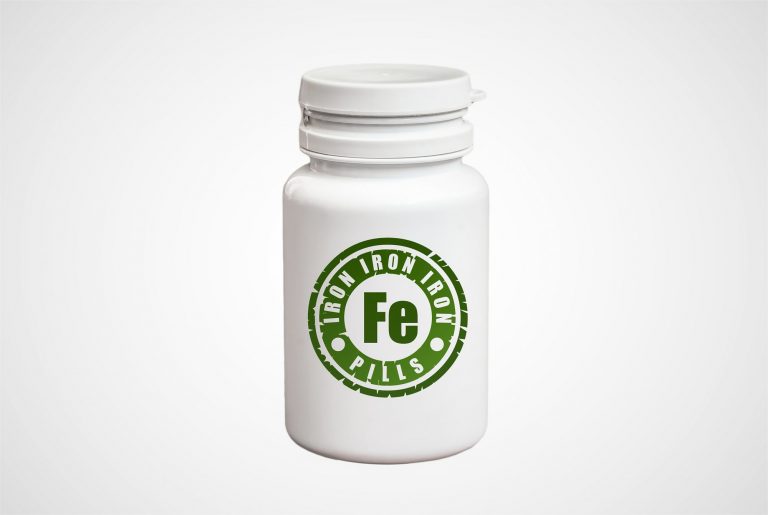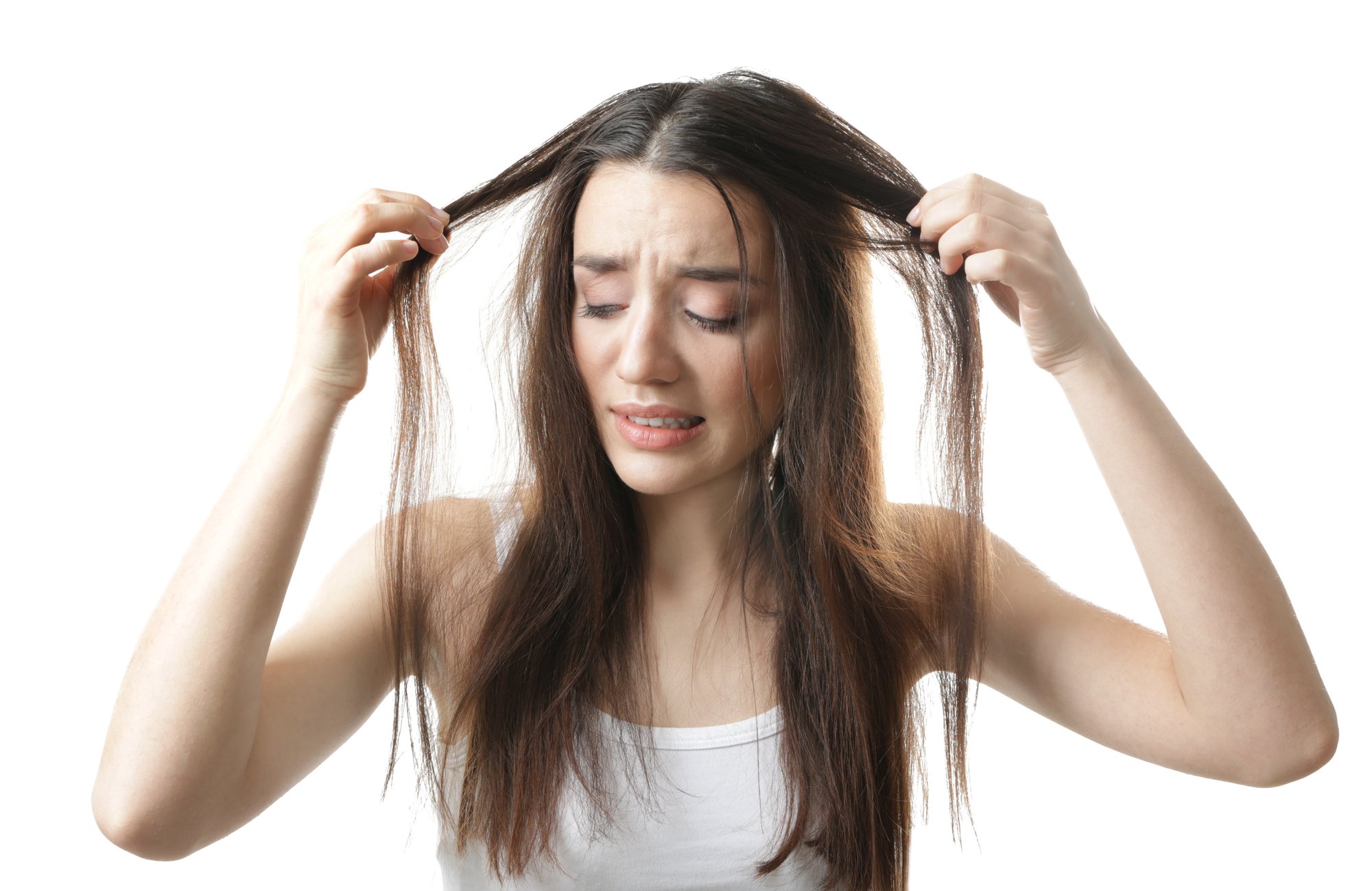
Page Contents
If you’ve noticed that you’re starting to lose your hair, it can be frustrating trying to figure out the root cause. And, how do you treat it?
Though hair loss can occur for different reasons, the most common cause of hair loss is the hormone DHT. It causes the miniaturization of hair follicles. You’ll mostly notice this at the crown and temples in men. For women, it’s more common at the part line.
This result is hair thinning, or miniaturizing, and eventually falling out. It’s always best to talk to your doctor to determine the cause of your hair loss.
If the cause of your hair loss is not androgenic alopecia (pattern hair loss), it could be due to a lack of nutrients. One of those nutrients could be iron. If this is the case, you’re not alone. According to data there are 10 million people in the U.S. alone that are iron deficient. That includes 5 million that have been diagnosed with iron deficiency anemia (a more severe form of iron deficiency).
Guys are less likely to have to worry this. It tends to occur in just 3% of men compared to about 20% of women. Sorry, ladies.
This article aims to deepen your understanding of how low iron intake and hair loss are related. Though it should be noted, male and female pattern baldness are completely different forms of hair loss. They’re also treated differently. And supplementing with iron is likely not the best course of action.
What are the causes of iron deficiency?
The most common cause is not getting enough iron from your diet. Although less frequent, it can also be caused by different intestinal disorders, too. These disorders may restrict your absorption of nutrients.
One of the main reasons that iron deficiency is higher in women is due to pregnancy. In fact, 50% of women experience iron deficiency during pregnancy. When a woman is pregnant she needs about double the amount of iron a non-pregnant woman would need. The body needs to produce more blood to supply oxygen to the baby, which requires a lot of iron.

How does iron deficiency cause hair loss?
It all boils down to your blood. Iron plays a vital role in the production of the protein hemoglobin. Hemoglobin is used by the body to transport oxygen in the blood. When you lack iron, it’s harder to transport oxygen to the hair follicles. This can be detrimental to hair health. Your hair uses oxygen for stimulation of growth, along with repairing weak, damaged hair.
Another contributor to iron deficiency, is due to a protein called ferritin. Ferratin is a protein that the body uses to store iron. In fact, it’s the body’s main form of iron storage. When your body is low in iron, it borrows ferratin from the hair follicles to ensure that vital organs contain enough of the protein.
This causes a breakdown in the hair’s structure, leaving it prone to damage or falling out. This study showed a correlation between lower blood iron levels and people with pattern hair loss. It concluded that screening for iron deficiency in patients with pattern hair loss “might be worthwhile in the clinical field.”
Luckily hair loss from iron deficiency is normally reversible. It is considered temporary hair loss and in most cases your body will be able to grow the hair back, but you have to be patient. Sometimes hair can take several months to grow back once your iron levels have normalized, this is because your hair has to go through stages of the hair cycle, which vary in length depending on the person. Try not to be discouraged though because hey, at least you can get it back relatively easily, unlike those who may be dealing with other forms of hair loss.
Tip: when a doctor is testing you for iron deficiency they look at the ferratin levels in your blood, this helps them determine whether or not you need to start supplementing with iron
Signs of iron deficiency
Here is where things get a bit irritating because iron deficiency related hair fall commonly occurs in the pattern synonymous with male and female androgenic alopecia. Again, the common areas to look for hair loss are in the temples and crown for men, and down the part line in women as well as dry and/or damaged hair, skin, and nails. Therefore, it is highly recommended to consult with a doctor, and likely get a ferritin test, to make sure that the pattern hair loss you are experiencing is due to iron and not DHT or some other cause.
Some other common symptoms to watch out for are exhaustion, pale skin, shortness of breath, increased heart rate, and a few others.
It cannot be emphasized enough that you need to consult your doctor before getting on an iron supplement. Iron toxicity can occur when a person is consuming too much iron and can cause nausea, vomiting, diarrhea, and stomach pain. Iron also accumulates in the body because the body is not able to store excess in which case it is most commonly stored in the liver, heart, and pancreas, all which as susceptible to damage if the exposure is prolonged.
In conclusion
The best way to avoid iron deficiency is to maintain a healthy diet. That means consuming red meat, tuna, shellfish, nuts, broccoli, berries, legumes and more. The iron is out there, you just have to get it.
If you are experiencing pattern hair loss there is a good chance it is caused by DHT in your scalp and not from a lack of nutrients, but if you suspect it is from iron deficiency talk to your doctor right away. Make sure you are looking for several of the other symptoms as well and never go out on a limb and start taking iron supplements, there could be some very negative side effects coming your way if you do.
Tired of chasing down hair growth solutions without the results you’re after? Make sure you’re using the 3 hair loss products known to work before experimenting with alternative solutions – you may be surprised with how effective those 3 alone can be.






